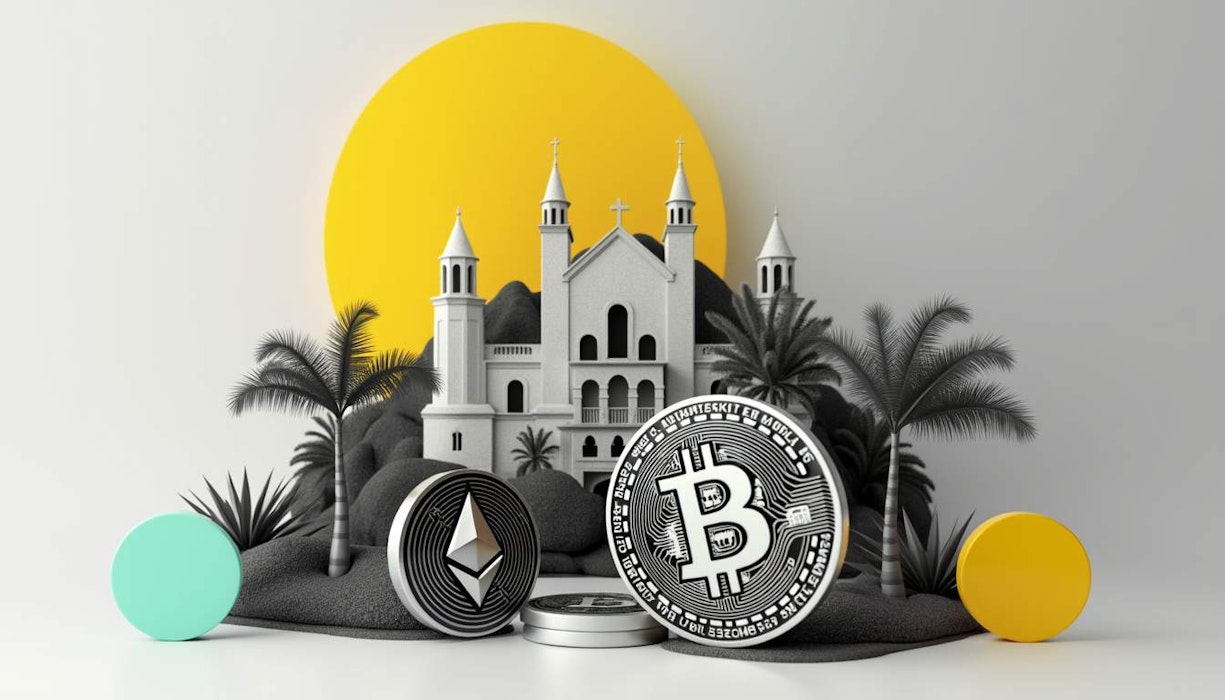El Salvador is at it again. The country has a plan to sell and buy cryptocurrency like no other, and it doesn’t care what the IMF thinks. Just the other day, they announced a $1 million purchase of Bitcoin for their Strategic Bitcoin Reserve. This comes after they secured a $1.4 billion deal with the IMF, which included terms to limit Bitcoin dealings. Talk about a power move.
What's Going On with El Salvador and Bitcoin?
Let’s rewind a bit. Back in September 2021, El Salvador became the first country to adopt Bitcoin as legal tender. President Nayib Bukele has been pushing this agenda hard, showing how Bitcoin could change the economy for the better. But of course, the international community looked at them like they were crazy, and the IMF had a lot to say about it.
The IMF has always raised red flags about El Salvador's Bitcoin plans, saying it could destabilize the economy and compromise financial integrity. They were particularly worried about the volatility and speculative nature of Bitcoin. So when the country secured that $1.4 billion loan, they made some concessions, like making Bitcoin acceptance voluntary for merchants and putting the brakes on public sector employees getting involved in Bitcoin.
But this latest Bitcoin buy? It shows that El Salvador isn’t backing down. The director of the National Bitcoin Office confirmed they would continue to buy crypto with no signs of slowing down. I mean, you can't help but raise an eyebrow at that.
Risks and Opportunities: The Great Bitcoin Gamble
Now, here’s where it gets interesting. El Salvador’s Bitcoin adoption has its rewards, but the risks are just as big. Bitcoin's ups and downs could worsen economic instability. The country is heavily reliant on remittances, and a sudden drop in Bitcoin's value could wipe out their national reserves. We could be looking at financial crises and defaults down the line.
Then again, let’s not ignore the upside. Bitcoin could help with financial inclusion. Many Salvadorans don’t have access to banks, and Bitcoin can offer an alternative way to transfer money. Plus, lower transaction fees and quicker transactions could make life easier, especially in a country that depends on remittances.
A New Path for Developing Nations?
Now, El Salvador isn’t just making waves for itself; it also raises questions for other developing nations. Are they eyeing this strategy to break free from international financial institutions and high-interest loans? There’s a chance that El Salvador’s gamble could inspire other countries to explore these waters, potentially attracting foreign investment.
But hold your horses; it’s not all sunshine and rainbows. The volatility of Bitcoin and the regulatory issues surrounding digital currencies are significant challenges. The IMF has made it clear that they’re worried about macroeconomic stability. So yeah, this is a double-edged sword.
Summary: What Lies Ahead for El Salvador's Crypto Experiment?
In short, El Salvador's journey with Bitcoin is anything but ordinary. It’s shaking the foundations of traditional finance and raising questions about how digital currencies can be integrated into developing economies. The risks are huge, but so are the potential rewards. As El Salvador navigates this precarious path, we’ll all be watching closely. Will they succeed, or will it all come crashing down? Only time will tell.
